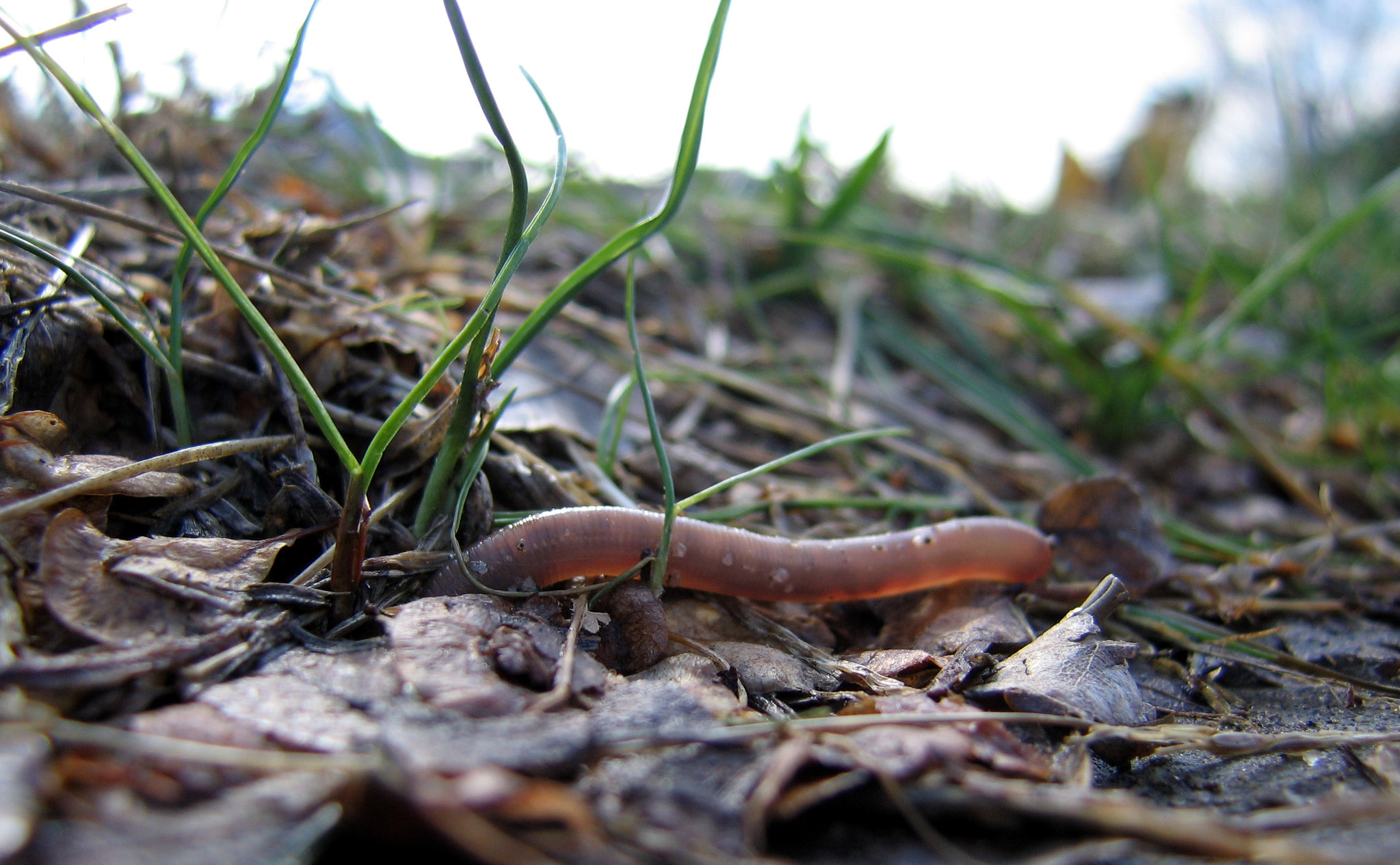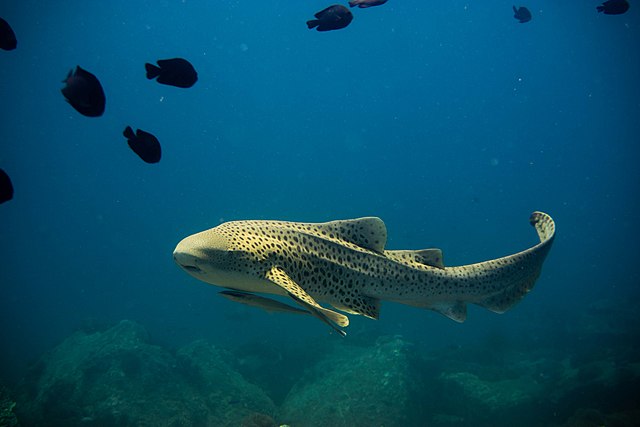Environment
The UK’s first national assessment of earthworms has revealed that their populations decrease by 2% annually, and overall earthworm population numbers have fallen by a third over the past 25 years. This study, conducted by an ecologist at the British Ornithology Trust (BTO), also concluded that the largest decline in this species has been observed in broadleaf woodland ecosystems. This may now be having detrimental effects on other species, such as woodland birds, who have seen a subsequent population decline of 37% since 1970. Barnes’ study concludes that, if these results are found elsewhere, the long-term decline of this keystone species could affect our ability to grow crops, as worms aid the growth of 140m tonnes of food a year. It may also have catastrophic effects on soil health, ecosystem structure, function, and above-ground wildlife.

Global rainforest deforestation continues at a rate of ten football pitches per minute. Despite widespread efforts to minimise deforestation across the Brazilian and Colombian Amazon, new data has revealed that 37,000 sq km was still removed from previously undisturbed rainforests in 2023. Large increases were noted in Bolivia, Laos and Nicaragua, which has now offset the positive progress made by other countries in the reduction of deforestation. Experts have warned that governments are unlikely to meet their climate and biodiversity commitments due to the continuation of mass deforestation, with many going against the COP28 agreement to halt and reverse the loss and degradation of forests in the next six years. This puts the 2030 zero-deforestation target even further out of reach.
New research has revealed that national parks are failing to tackle the biodiversity crisis, despite these important areas covering 10% of England and 20% of Wales. Due to lack of government funding, the direct grant set aside for national parks has been cut by 40% since 2010, resulting in poor peatland condition, no change in woodland biodiversity in a 5-year period, and a significant decline in river and lake health. Aside from a lack of funding, national parks are not restoring nature as only 13.7% of the land is publicly owned, with the remaining 86.3% privately owned and often intensely farmed. Campaign for National Parks is calling for a new deal that ensures the government sets a clear mission to increase nature protection and restoration in the UK’s national parks, and subsequently double core national park grants to reinstate this vital funding to its 2010 level.

Discovery and reintroduction
One of the world’s most elusive moles has been sighted in Australia. The Northern Marsupial Mole, or Kakarratul, lives in one of the most remote parts of Australia and is only sighted a few times each decade. Due to their rarity, authorities are still unsure of their population size and these creatures remain a mystery to most of the world. However, the Kanyirninpa Jukurrpa Martu rangers discovered the rare, blind Northern Marsupial while working in the Great Sandy Desert, making this the second species sighting in six months.
Progress has been made in the first ever shark translocation project, which aims to reintroduce Zebra Sharks to the Raja Ampat archipelago in Indonesia after the species was declared functionally extinct due to overfishing and habitat degradation. This is the first initiative attempting to translocate shark eggs from an aquarium to a hatchery before releasing them into the wild. Two sharks have recently hatched on the island of Kri and will be kept in tanks until they are strong enough to be released into the wild. The project aims to release 500 Zebra Sharks by 2032 in the hope of creating a genetically diverse breeding population that will aid long-term species recovery. If successful, this rewilding project will set a strong example of how to re-establish endangered species populations in marine ecosystems and would be a breakthrough for future conservation efforts.

Climate crisis
A record hot March leads to fears of faster rates of climate change. Last month was the hottest March on record, reaching 1.68°C warmer than in pre-industrial times. This marks the tenth record breaking monthly temperature in a row, and scientists are concerned that they may not temporarily fall, as expected, after the El Niño period due to the warm weather experienced at the end of 2023. Researchers are now trying to ascertain whether the changes in El Niño are a phase shift or just an anomaly in long-term climate trends. Although they are unsure how conditions in the Pacific Ocean will evolve over the coming months, current predictions suggest it could be replaced by a full La Niña cooling phase.

